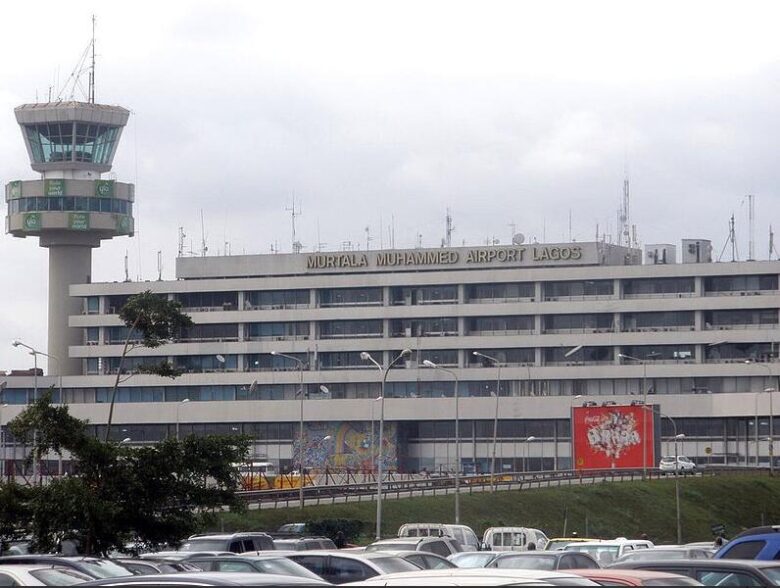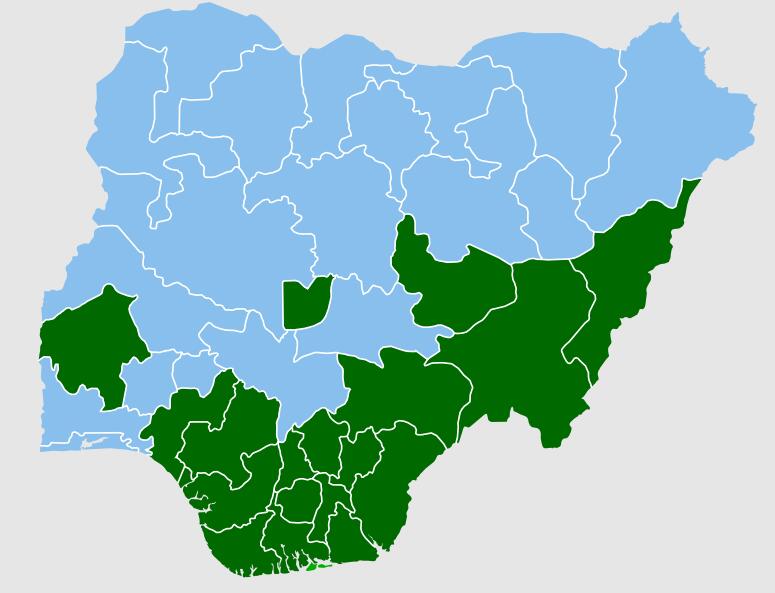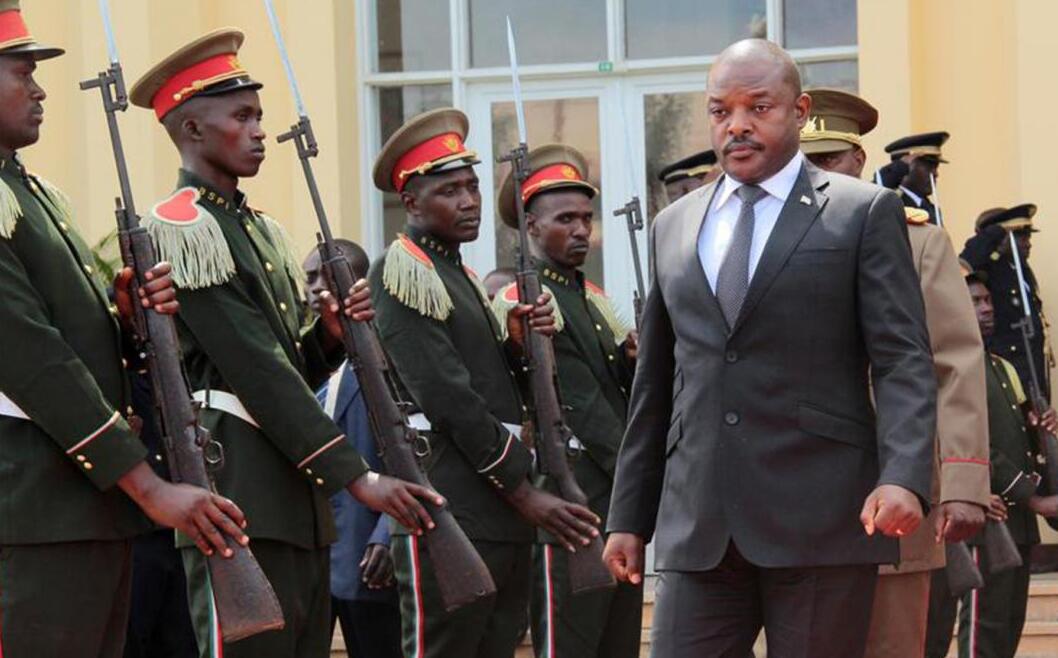Travel to Nigeria
Currency: Naira
Exchange rate: 1 EUR = 466 Naira (December 2020)
Time zone: UTC / GMT + 1
Country code (phone): +234
Climate (in the capital): tropical (dry and hot)
Entry and residence regulations
According to mathgeneral, the information from the Federal Foreign Office about the entry requirements for Nigeria should be taken seriously in order to avoid any inconvenience when entering the country. In addition to a valid passport, the traveler needs a visa and proof of a yellow fever vaccination. The visa and other useful travel information can be obtained from the Nigerian embassy in Berlin or from the Nigerian consulate in Frankfurt am Main.
It is advisable to start applying for a visa early, as the process often takes a little longer.
Travel, transportation and traffic
Poorly surfaced roads, excessive driving speed and a lack of or poorly available traffic education regularly lead to a large number of traffic accidents. During the rainy season, some remote roads, especially in the rural areas, are not passable at all. In Lagos and the federal capitals, traffic is mostly chaotic. Motorists like to play their power. The principle of “survival of the fittest” or “first come, first serve” applies. Many drivers are stuck in traffic jams or slow traffic for several hours every day. Due to the high accident rate, warnings should be given against driving a car.
To get inside one of the cities of Nigeria from one place to another, you can also taxis, minibuses, tricycle that Keke and motorcycle taxis that Okada use are mentioned. When traveling by taxi, negotiate the price with the driver before starting the journey. When traveling with Okadas, you should have your own motorcycle helmet with you, as most drivers cannot afford a helmet for themselves or their passengers.
Due to a very high number of fatal accidents, driving motorcycle taxis has been banned in downtown Abuja since October 1, 2006. In February 2020, the use of motorcycle taxis was also banned in many districts of the state of Lagos. Numerous tricycle and motorcyclists protested vehemently against the ban.
In Lagos and Abuja, however, the online service provider Uber has established itself as a serious alternative to local taxis, minibuses and motorcycle taxis. Booking and payment at Uber are easy and traceable via the smartphone. The prices are consistently considered fair and reasonable by the urban population.
The bus network Bus Rapid Transit (BRT), which is operated by the two private companies “Nigerian Union of Road Transport Workers (NURTW)” and “Lagos State Government owned Asset Management Company (LagBus)”, provides local public transport in Lagos to disposal. The tickets should be obtained at the bus stops before starting the journey. The buses are comfortable, reliable and run on schedule.
There are several bus companies available for cross-country trips, such as ABC Transport, Cross Country Limited, Chisco and GUO Transport. The buses are comfortable, safe, run according to plan and usually arrive at their destination on time.
If necessary, you can also hire a car with a driver from car rental companies such as Avis Nigeria, which has offices in Lagos, Abuja, Port Harcourt, Benin and Owerri. This option is particularly recommended due to the difficult security and traffic situation in Nigeria.
The Nigerian railroad is considered a cheap but unreliable means of transportation. The Lagos-Kano and Abuja-Kaduna railway lines were restored in 2013/2014 after 50 years. However, improvements in security are urgently needed.
Cheap domestic flights between cities are offered by several Nigerian airlines. Early booking is recommended.
Touristic attractions
The tourism is not particularly strong in Nigeria. A trip through Nigeria is worthwhile considering its national parks, the big festivals like the Id-el-Fitr in Muslim areas in the north, its city festivals like in Oshogbo (Osun state), the Lagos Carnival in Lagos (Lagos state), the Calabar Carnival in Calabar (Cross River State), the Abuja Carnival in Abuja (Federal Capital Territory) and the Mmanwu Festival Enugu (Enugu State).
Other tourist attractions include the famous sacred Yoruba groves in Oshogbo, a UNESCO World Heritage Site. Numerous sanctuaries and shrines of the traditional Yoruba religion are located here. The beautifully landscaped mountain villages of the Sukur on the border with Cameroon in the state of Adamawa are also part of the world cultural heritage, although they are difficult to reach by traffic.
Security situation
Due to the difficult social and economic situation in the country, crime is high, especially in Lagos and Abuja. According to the Nigerian National Bureau of Statistics (NBS), both federal states Lagos and FCT Abuja recorded the highest crime rate in 2016. In Nigeria, poverty and wealth are a matter of distribution. The issue of distribution, which has not been resolved or has not been resolved fairly, is one of the main causes of the conflicts that have been simmering in the country since the democratization process that began in 1999. Due to poverty and economic hardship, the number of kidnappings with ransom demands and armed robbery has risen sharply in recent years.
The security situation in Nigeria is classified as unstable. It is characterized by regional sources of conflict and unrest. In particular, the north of the country (Sharia states) and the Niger Delta (oil production region) are considered dangerous regions.
Travelers should adhere to the Foreign Office Safety Advisories and UK Government Travel Advice. German citizens who travel to Nigeria should also register on the list of the Federal Foreign Office’s embassy so that they can be officially recorded in an emergency. Detailed information on security issues in Nigeria can also be found on the website of the US State Department and information on the security situation in Nigeria on the website of the European Country of Origin Information Network (ecoi.net).
On every overland drive you have to pass checkpoints that are set up not only by the police and the military, but also by civilians. So you usually pass around 10 checkpoints per 100 kilometers. Here you are usually stopped and the vehicle documents, driver’s license and other papers are required. It is usually expected that you will pay some cash to be able to continue the journey. It is advisable to keep a cool head in such situations and in no case to react aggressively or to become impatient.
Health risks
Information about the most common diseases, vaccination recommendations and regulations as well as health risks are provided by the travel medical information service “fit for travel” and the travel medical center at the Tropical Institute Hamburg. In addition, the medical information from the Federal Foreign Office and the general health tips on the website “The Travel Guide” are recommended.
Diarrhea is normal in tropical countries. Children are affected particularly quickly. It is therefore advisable to avoid drinking unfiltered water and eating uncooked food and unpeeled fruit for at least the first few weeks of your stay.



